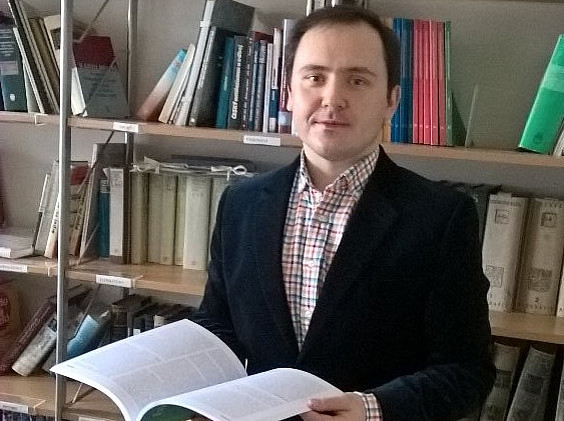Europeanization of military healthcare in the Ottoman Empire in the years 1839–1850 through Austrian physicians
In the 1830s, the Habsburg Monarchy established close relations with the Ottoman Empire. This was the result of a sophisticated concept of Clemens Wenzel von Metternich, who tried to keep the declining Ottoman Empire alive as a tool against Russian imperialism and thus a guarantee of balance between the great powers. As part of this partnership, the Habsburg monarchy supported the reforms of Sultans Mahmud II and Abdülmecid I, which can be seen in retrospect as an attempt to “europeanize” Ottoman society and which affected a number of sectors, including the specific field of military healthcare. The Austrian physicians Jakob Anton Neuner (1806–1842), Karl Ambros Bernard (1808–1844), Lorenz Rigler (1815–1862) and Sigmund Spitzer (1813–1894) were sent to Constantinople to reform it. Except for last named person all were associated with the Imperial-Royal Army as military physicians.
The scope of the project, to the realization of which I would like to use the Junior Visiting Fellowship at the University of Graz within the Fields of Excellence “Dimensions of Europeanization”, is the characterization of more than ten years activities of above mentioned Austrian physicians in the Ottoman Empire, the result of which was the modernization not only of the military but also of the civilian Ottoman health system in terms of organization, theory and practice. It was a transfer of the knowledge of European medicine, made in the spirit of the enlightenment concept of science and supplemented by the experience of the Napoleonic Wars. In their consequences the political leaders in Europe realize that, for demographic and economic reasons, wars could not be fought with immeasurable loss of life.
Therefore, I would like to engage with the research cluster Knowledge Transfer and Concepts of Europe. An attempt to characterize the process of europeanization with the specific example of military healthcare in the Ottoman Empire can be useful and beneficial for this research cluster as well as for the institute SEEHA (Southeast European History and Anthropology) at the University of Graz, especially due to the originality of the topic, which has hardly been addressed so far by modern historiography of military or medicine as well as by European oriental studies focused on the Middle East. I am convinced that, in addition to conducting research on the topic and presenting its results, the Junior Visiting Fellowship would allow me to receive a good feedback on my research topics in a relevant academic environment, build contacts and find some publishing opportunities there, thus opening the way for my career growth. I would prefer to stay at the University of Graz in the summer semester of the academic year 2023/24.

Brown Bag: EUROPEANIZATION OF MILITARY HEALTHCARE IN THE OTTOMAN EMPIRE IN THE YEARS 1839–1850 THROUGH AUSTRIAN PHYSICIANS